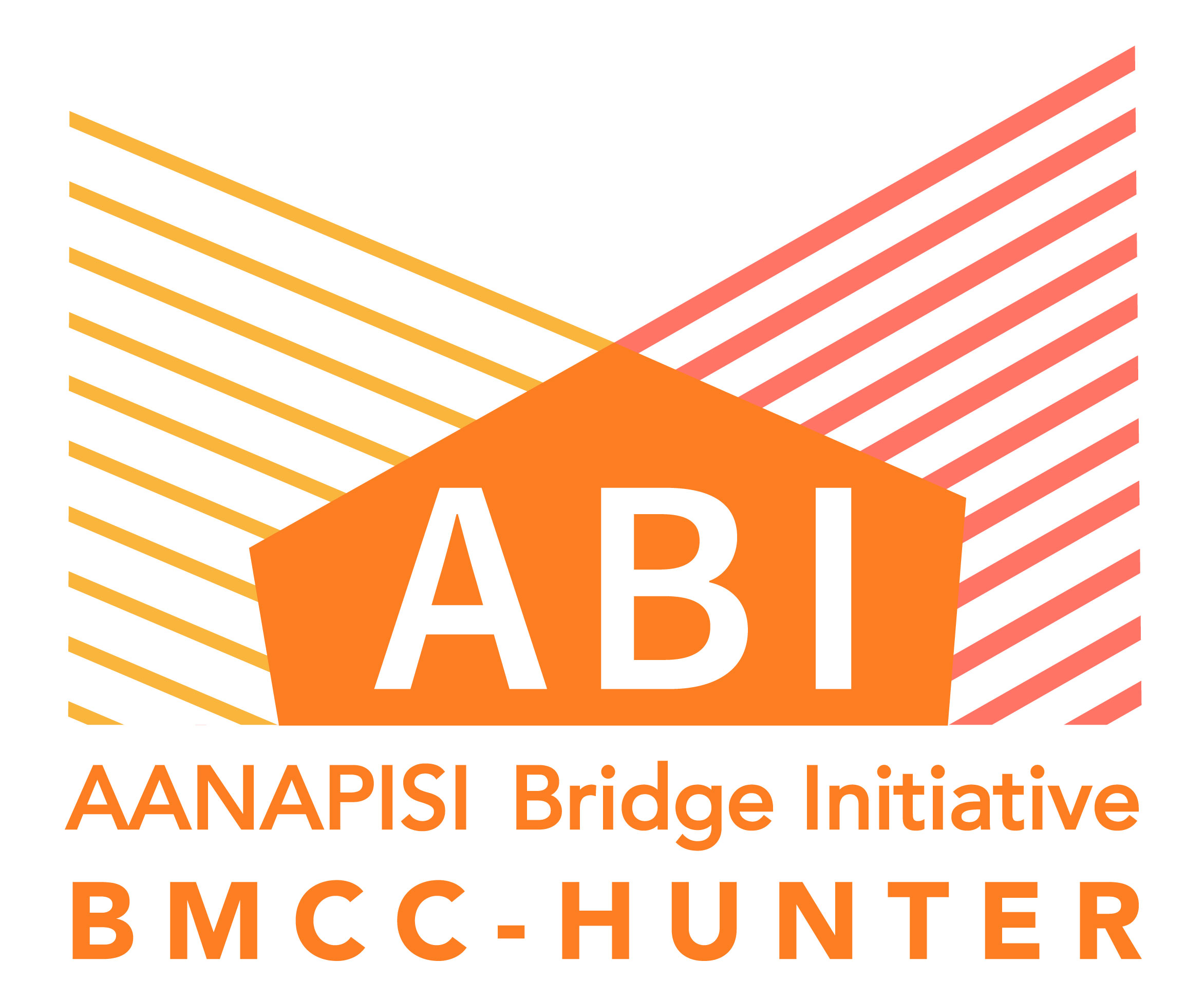Class information
PSY-255 – Cognitive Psychology
24 students registered; 18 students attended the first class meeting, 10 attended the final class meeting students
Cognitive Psychology is designed to introduce students to basic concepts and scientific research associated with learning and memory mechanisms, seminal theories and experiments associated with cognition and perception, and links between learning and memory for executive functioning abilities, especially goal-directed behavior and decision making.
Project overview
The aim of this project was to introduce students to a more personal awareness and understanding of cognitive tests and hypothesis-driven research development based on applications of cognitive tests described during class meetings.
Why did you select this project? How does it relate to identity and purpose?
Historically, research and quantitative topics are not well-received by students in Psychology courses. Students tend to focus on “becoming a therapist or clinical psychologist”. Yet few students recognize that clinicians are expected to review and implement interventions based on effect sizes observed from RCTs. The general inspiration for the precise class activities were derived from the Implicit Association Tests. This was followed with a personal example of bias in the context of a verbal recall test with an “intervention” to minimize these biases. Then, students were expected to develop their own cognitive test application and intervention based on the example provided.
What advice do you have for other faculty who would like to implement a similar project?
Be prepared to be pleasantly and unpleasantly surprised. Student motivation and peer support are critical for the overall success of these type of projects. Some students will be consistent, others rise to the occasion toward the end of the semester, and some will have limited engagement throughout the semester. Overall, I have noticed that scaffolded assignments work best when they are able to stand alone and be combined. When students are expected to link to past assignments, performance declines considerably.
Related materials
No Title
No Description
This pdf contains the basic overview of what we completed this semester – 1) pre- and post-course Slido polls, 2) hypothesis development with peer review and presentation, and 3) invited guest speaker.


